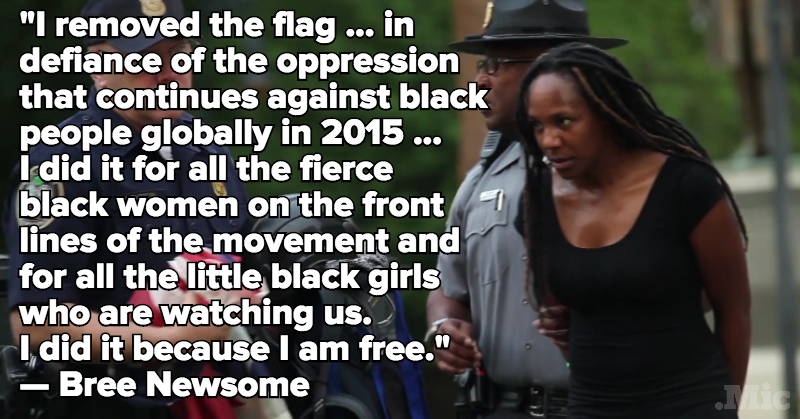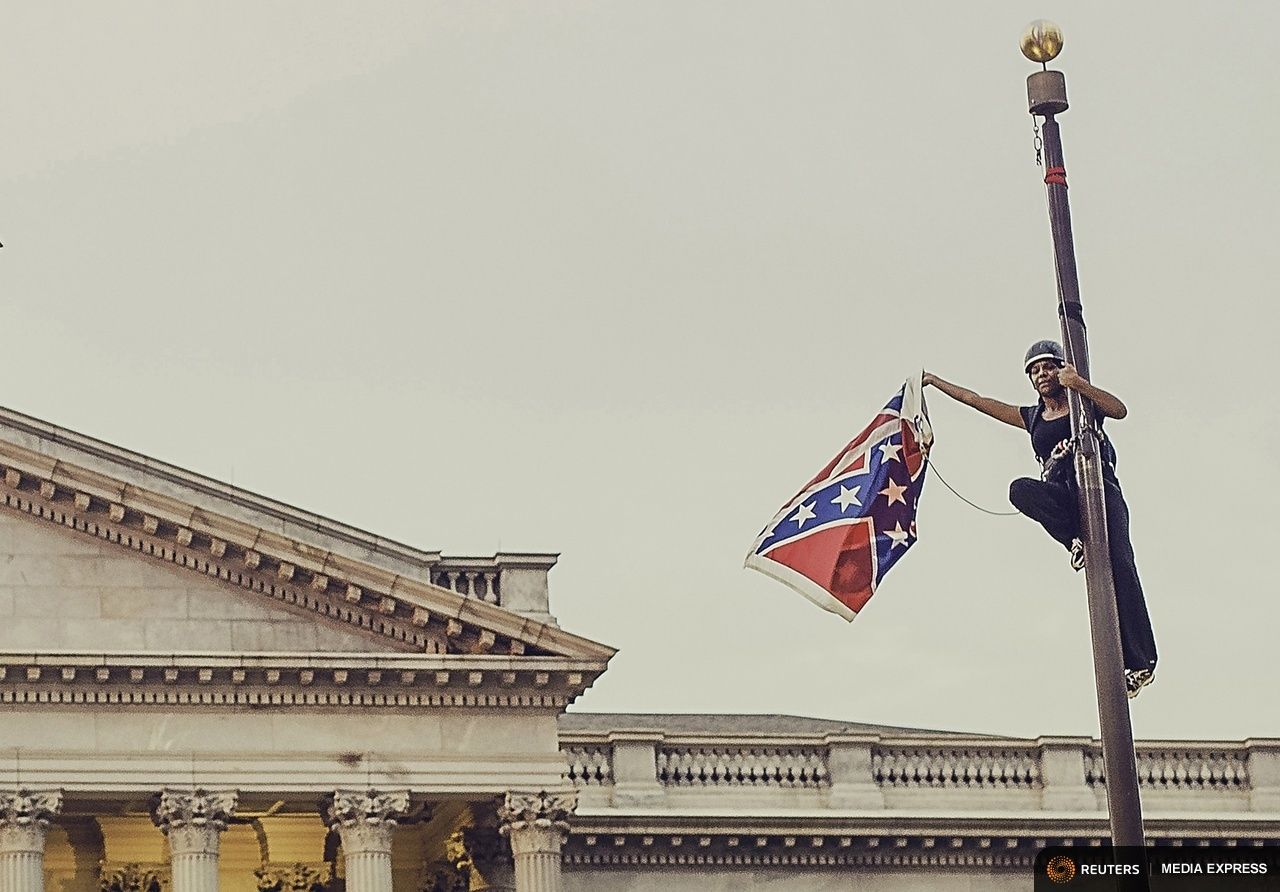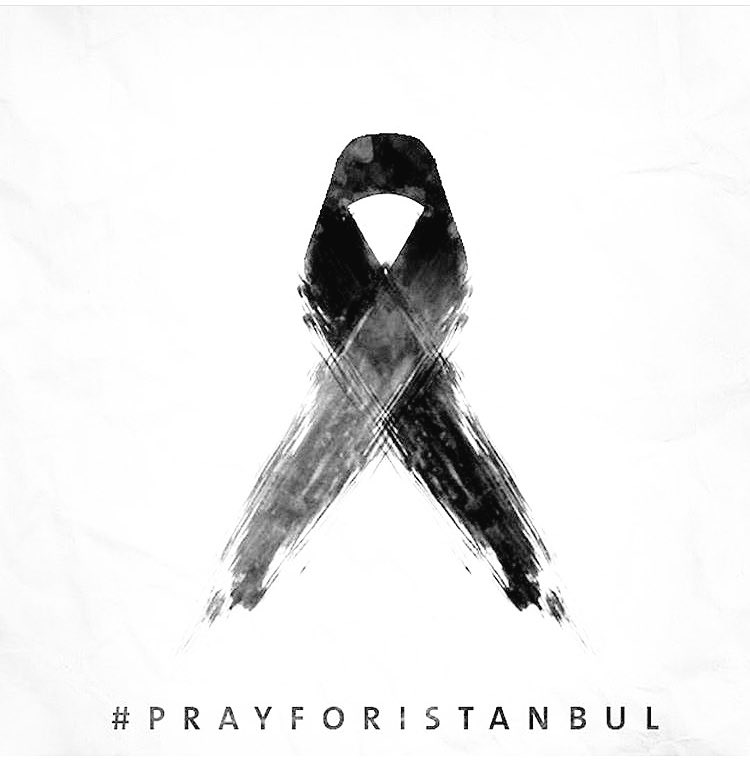O Holy God, whose light divides the day from the night and turns the shadow of death into the morning: Drive far from us all wrong desires, incline our hearts to keep your law of love, and guide our feet into the way of peace; that, having done your will with cheerfulness while it was day, we may, when night comes, rejoice to give you thanks; through Jesus Christ our Lord. Amen.
When a king wants power or control, those in their way often end up dead. Thomas Beckett of England, Joan of Arc of France, Janani Luwum of Uganda, each of them were killed because they were seen as an obstacle to what their ruler wanted. "Will no one rid me of this meddlesome priest?" Henry II is said to have uttered against Thomas Becket, it could have been true for the others as well. And sometimes, what the King wants, is not a thing like power but a person…
It was a time of war in Israel. King David had dispatched his troops with Joab in command. David was living in Jerusalem. One day on his rooftop of his palace, he sees a beautiful woman bathing nearby…He is captivated by her beauty and sends someone to find out about her… She is Bathsheba…wife of Uriah the Hittite, one of David’s top soldiers… She is married…but David doesn’t think about that, he wants Bathsheba… he takes her, he knows her (in the biblical sense) and Bathsheba becomes pregnant.
David brings Uriah home so that he can be with his wife so that he will believe that the child is his…but Uriah refuses to leave David, his King, and go to the comforts of home while his fellow soldiers are in the field…David tries and tries…Finally, David sends Uriah back to the front. He carries a note from the King to Joab, the note says to send Uriah into battle and to pull back the troops and thus have Uriah killed. And thus, David’s problems would be over… Joab does not get the chance to implement David’s plan, for Uriah is killed in battle, in a mistaken error on the part of Joab and his siege of the city… When the news arrives in Jerusalem…David celebrates, Bathsheba mourns, and Joab covers up his mistake… After her period of mourning for her husband, Bathsheba becomes David’s wife, the child is born and all seems to work out for David.
But that’s when in today’s reading, it becomes clear that the whole affair has displeased the Lord. The adultery or rape (!) and the attempted murder, the lust and deceit, the Evil plans… the Lord was angry about it all… So what is the Lord to do with his anointed king? Enter Nathan the Prophet. Nathan tells a parable, one that David is not ready to hear…
A rich man without pity takes from a poor man his only lamb whom he loved and cared for, when the rich man could have used any of his flocks to feed a traveler who has entered his house…he takes what is not his… David is furious. The rich man should die for an act such as this! Returning the lamb four fold… Stealing from the poor He deserves no pity… David stands self-condemned for Nathan says to him; You are the man! His sins are brought into the light…David is shamed…you are the man.
David acknowledges his sin, he is forgiven, but like a pebble thrown in the pond, the reverberations from his sin reach his family, and tragically the child becomes sick and dies… It is a story as old as the bible and still alive today… How does God expect us to act? Not like David in this story (save for his repentance at the end).
Not deceit or greed. Not lust or anger. And certainly not adultery or rape! We are to choose gratitude for our lives, which David didn’t. For when we choose gratitude, we often look at the larger picture and consider what God expects of us: to love God with our whole being and to love our neighbors as ourselves. On that hangs everything we read in the Bible. Love God, Love Neighbors – when we choose to live out of gratitude.
In the Gospel, Simon the Pharisee invited Jesus to his home for a meal, he is curious about him. But a woman in the city having heard where Jesus was, also entered Simon’s home, bathing the feet of Jesus with her tears and anointing his feet with ointment… Simon is upset that such a sinner had entered his home, and he questions how prophetic Jesus is because he is letting this woman touch him.
Jesus knows what is in Simon’s heart, and tells him a parable about two debtors; one who owed five hundred denarii, and the other fifty. When they could not pay, the creditor canceled the debts for both of them. Jesus asked, “Now which of them will love him more?" Simon answered, "I suppose the one for whom he canceled the greater debt."
And Jesus goes on to tell Simon that he is right BUT as Jesus entered his house; Simon did not respond with hospitality or but the woman from the city chose love; she gave Jesus hospitality by washing his feet & anointing them with oil. Jesus says, “I tell you, her sins, which were many, have been forgiven; hence she has shown great love. But the one to whom little is forgiven, loves little." Then he said to her, "Your sins are forgiven and Your faith has saved you; go in peace."
The woman’s sins were forgiven by her loving acts. Simon, on the other hand, did not love much and is not praised for his inaction. The woman chose gratitude. It’s a choice even a king can make…
Once there was a monk who found himself in possession of a marvelous jewel – the gem was worth an unimaginable amount of money. But he realized: I am a monk and have no need for such riches. Better to give this jewel to someone who is poor. But there are so many of them. Who should receive it? I will ask the abbot.
The abbot was a wise old man who understood the ways of God. The monk presented his difficulty to the abbot and asked him to designate a fitting recipient. The abbot thought for a moment, and then said the monk should give the jewel to the king. Now the king was very wealthy and powerful. Though he did not understand, the monk trusted his abbot, so he went to the king’s palace and was granted an audience. The monk appeared before the king and humbly presented the monarch with the jewel. The surprised king accepted the jewel, asking for the reason for the gift. The monk explained, “I thought I should give this to someone who is poor. Not knowing whom to choose, I asked my abbot, and he said I should give it to you.”
The king thought this was quite strange, since there was probably no one on earth richer than he. So the king went to the monastery and asked the abbot himself why he had chosen him when asked which poor person would best be provided for by the gem. “It is true,” the abbot said to the king. “Without a doubt, there is no one wealthier than you in the world; but there is also no doubt that there is no greed as great as yours. That is why I told the monk to give you the gem, that you may know the blessing of giving.”
Gratitude is the first response we can make to the realization of God’s love for us. The woman in today’s Gospel becomes the model of such a grateful response made in faith-filled praise for the forgiveness and compassion of God.
Like the king who realizes his greed in the poor monk’s magnificent gift, we realize our need for forgiveness and reconciliation in Jesus. May we embrace gratitude as a state of mind and a practice of faith, that we may realize our blessings and share those blessings with others, for by such blessings we are truly blessed. Amen.










